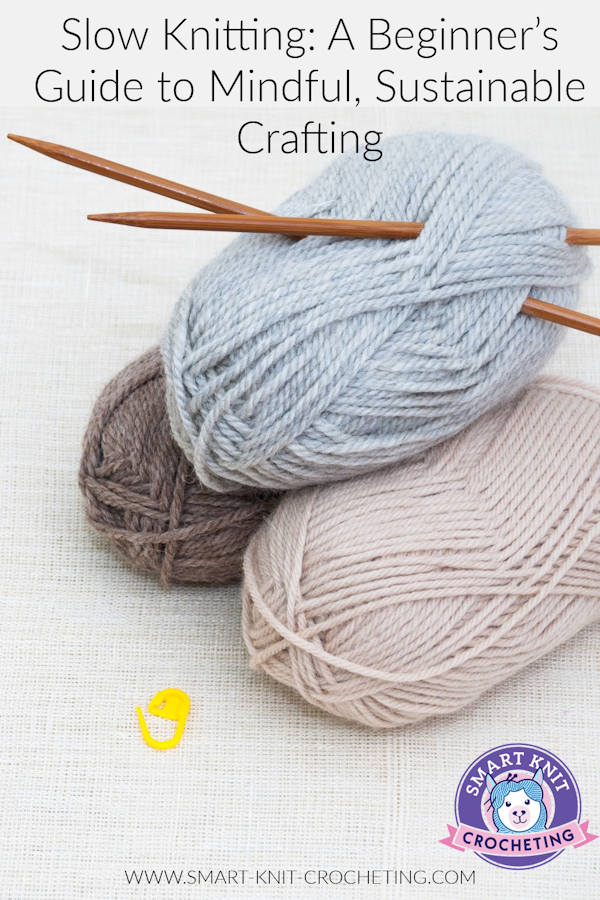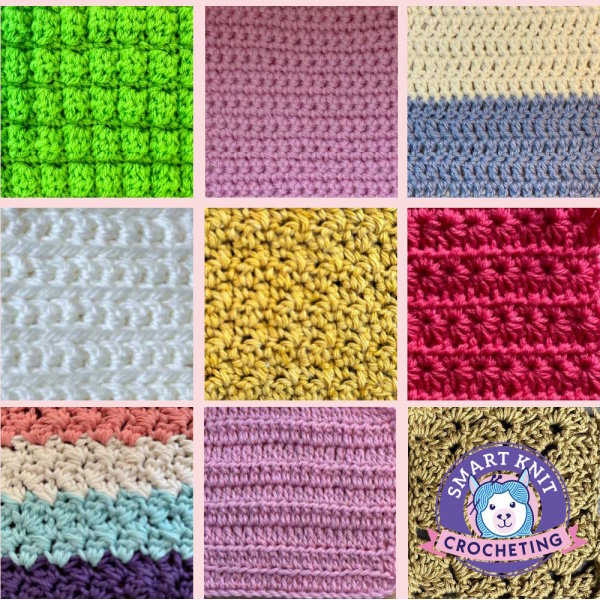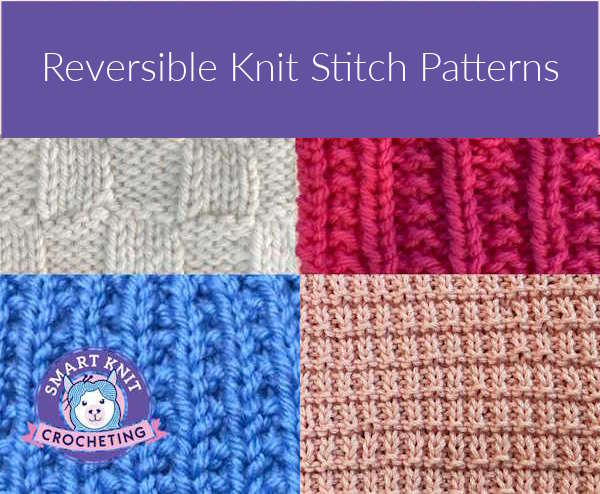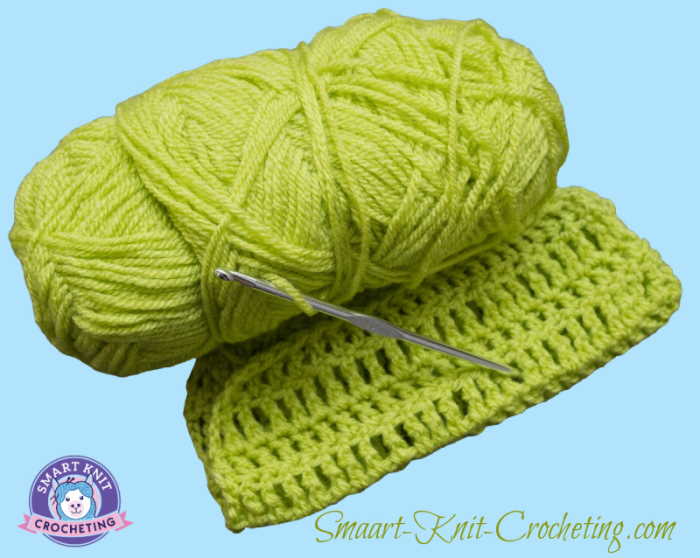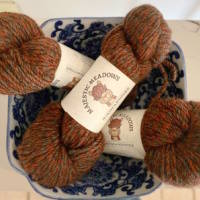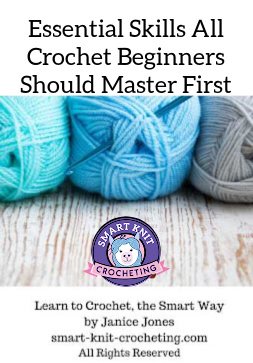Slow Knitting: A Beginner’s Guide to Mindful, Sustainable Crafting
What Is Slow Knitting? by Janice Jones (Certified Knitting Instructor)
Last Updated November 2025
In a world that moves too fast, slow knitting invites you to pause, breathe, and savor each stitch.
Instead of racing to finish a project, you focus on the experience, the rhythm of your needles, the feel of the yarn, the meditative calm that comes from creating something with your hands.
Slow knitting is more than a technique; it’s a philosophy of mindful making. It values quality over speed, connection over consumption, and sustainability over waste.
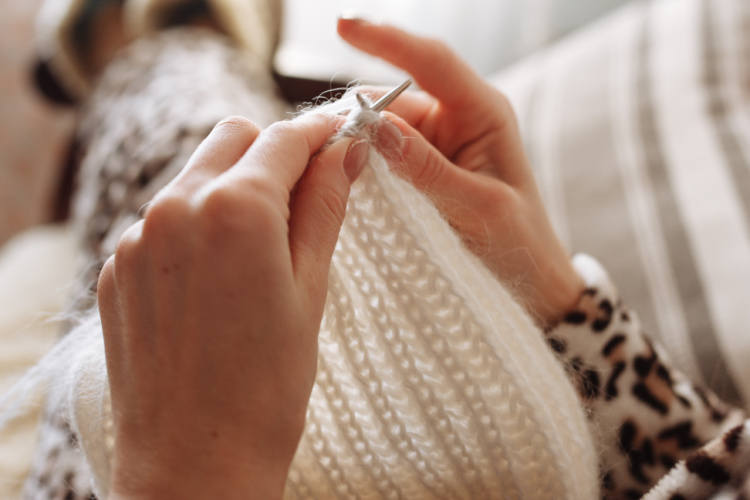 Slow Knitting: A Beginner’s Guide to Mindful, Sustainable Crafting
Slow Knitting: A Beginner’s Guide to Mindful, Sustainable CraftingWhy Slow Knitting Matters
Today’s “fast fashion” culture pushes us to create and consume quickly, toss out what we buy, and then buy more. But slow knitting turns that mindset around. It reminds us that making something by hand has deep personal and historical meaning.
Slow knitting encourages you to:
- Take time to enjoy each project, no matter how long it takes
- Choose natural, eco-friendly yarns that feel good and do good
- Value handmade quality over mass production
- Find peace and focus on the simple rhythm of knitting
By slowing down, you reconnect with your creativity and with yourself.
The Slow Knitting Mindset
At its heart, slow knitting is about intentionality.
You knit with purpose, whether it’s learning a new stitch, creating a meaningful gift, or simply finding calm after a busy day.
Try to:
- Focus on process, not perfection
- Knit in a quiet space with soft lighting or music
- Notice the texture, color, and movement of your yarn
- Allow mistakes — they’re part of the story your hands are telling
Many knitters describe this experience as meditation in motion.
How to Practice Slow Knitting
Here are gentle ways to bring the slow knitting mindset into your daily routine:
- Choose the Right Yarn: Select natural fibers like wool, alpaca, or cotton. Read the labels to learn where and how the yarn was made — and support small, ethical producers when possible.
- Start with Simple, Meaningful Projects: Pick projects you’ll truly enjoy, something that will give you joy, or something helpful to you, not just ones that seem impressive. Scarves, hats, dishcloths, or textured swatches are perfect places to start.
- Keep a Knitting Journal: Record your yarn choices, project notes, and reflections. Write about how knitting makes you feel, not just your gauge or rows. Note what relaxes you, what you found stressful, what you liked about the yarn, and what you might do differently the next time around.
- Make Time, Not Deadlines: Set aside short, peaceful sessions rather than marathon knitting. Let the project unfold at its own pace and avoid being driven by self-imposed timelines.
- Connect with the Community: Join knit-along groups, fiber festivals, or online forums, if it feels right to you.
10-Minute Slow Knitting Routine
If you only have 10 minutes to knit, make the most of your time. Take ten peaceful minutes to reconnect with your craft and clear your mind.
- Gather Your Supplies (1 minute): Pick a soft yarn that feels nice in your hands, or the project you are currently knitting.
- Set the Scene (1 minute): Settle into your favorite knitting spot or into a comfortable chair with good light. Turn off notifications and take three deep, slow breaths. Let your shoulders relax and your hands rest on your lap.
- Knit Mindfully (7 minutes): Start a small swatch or continue a simple project. Focus on: (1) The rhythm of your stitches, (2) The feel of the yarn sliding through your fingers, (3) The sound of your needles clicking gently, or the silence you experience working with quiet wood or bamboo needles. If your thoughts wander, notice it, then gently bring your attention back to the stitches.
- Pause and Reflect (1 minute). Stop after ten minutes. Look at your stitches. Notice the texture, the slight imperfections, the beauty of the process itself. Write one line in your knitting journal: “Today, my knitting felt like…” Or note how calm or focused you feel.
Don't stop there. If you have more time, continue to enjoy your peace and knit at your own pace. Don't feel compelled to knit faster than you like. Don't feel like you must finish your project. Don't set up expectations that require you to knit perfectly. Just enjoy the time you have.
Sustainable & Natural Yarns for Slow Knitting
One of the joys of slow knitting is discovering yarns that are both beautiful and kind to the planet.
Look for:
- Wool or Alpaca from local farms
- Organic cotton
- Bamboo or linen
- Hand-dyed, small-batch yarns
Learn more about yarn at my Comprehensive Guide to Yarn.
Slow Knitting Projects for Beginners
If you’re new to slow knitting, start with simple, meditative projects. Each of these lets you focus on texture, rhythm, and the joy of making:
Knitting Projects for Beginners
Eco-friendly knitting and yarns
Slow Knitting: Frequently Asked Questions
Is slow knitting just for beginners?
Is slow knitting just for beginners?
No. Any knitter can benefit. Beginners build confidence and develop rhythm, while experienced knitters deepen their skills and appreciation for craftsmanship and health benefits.
Does slow knitting mean only simple projects?
Does slow knitting mean only simple projects?
Not at all. Slow knitting is about giving any project, simple or complex, your complete, unhurried attention. It’s the mindset that matters, not the difficulty level.
How do I start slow knitting?
How do I start slow knitting?
Choose a natural fiber yarn you love, pick a small project with a steady stitch repeat, and set aside short, peaceful knitting sessions. Focus on the process rather than the finished product.
What are the best projects for slow knitting?
What are the best projects for slow knitting?
Repetitive, texture-rich projects such as scarves, dishcloths, and blanket squares are perfect. They allow you to practice mindfulness while improving your technique at a relaxed pace.
How does slow knitting help with stress or anxiety?
How does slow knitting help with stress or anxiety?
The repetitive motion and quiet focus of knitting can calm the mind, lower stress levels, and create a soothing sense of accomplishment. It’s a form of mindfulness that engages both hands and heart. If you have ever struggled to learn to meditate, slow knitting might be the perfect substitute.
Slow Knitting: Pin For Future Reference
The Joy of Slow Knitting: Last Words
When you knit slowly, something shifts.
- You stop counting rows and stitches and start noticing moments, the warmth of your yarn, the curve of each loop, the satisfaction of creating with care.
- Slow knitting reminds us that handmade still matters.
- It’s a peaceful rebellion against the rush of everyday life, one quiet stitch at a time.
